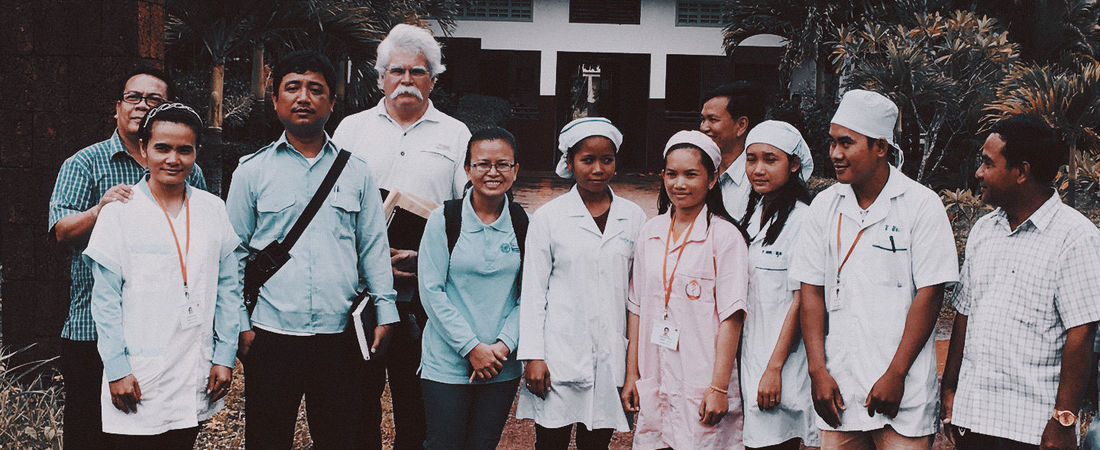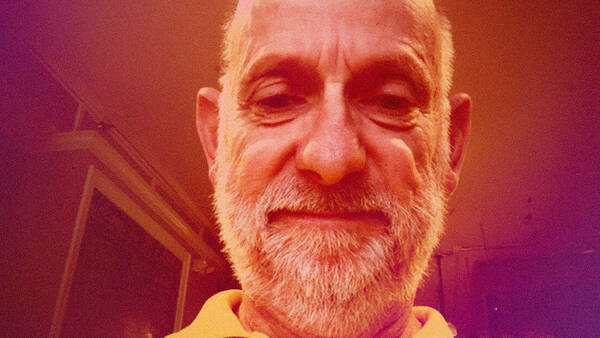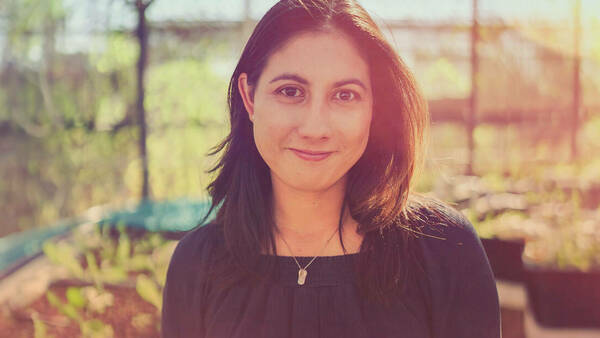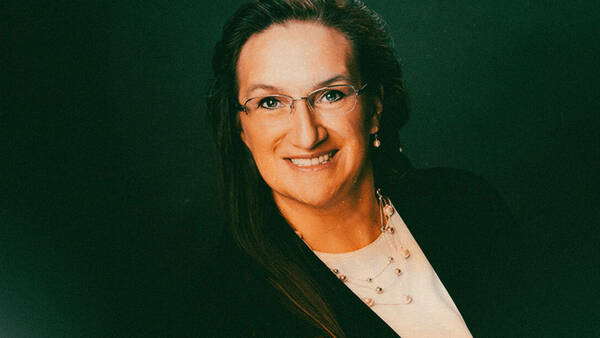For more than 40 years, Michael Macdonald ’77 has dedicated his life to crucial public health work on a host of mosquito-borne illnesses that claim lives and devastate economies around the world.
And importantly, the public health entomologist says, this work takes place not in the quiet confines of a laboratory, but in communities across Africa and Southeast Asia. There, Macdonald has partnered with colleagues and residents to study and implement human-centered design solutions that empower families to protect themselves and their communities from deadly and debilitating diseases.
His work helps people fight back against mosquitoes that can infect hosts with such illnesses as malaria, dengue and chikungunya—illnesses that kill some people and leave many more weakened, limiting their ability to work and taking enormous social and economic tolls.
“We try to take a holistic view,” Macdonald says. “It's not just killing the parasite, killing the virus. But what are the personal implications in terms of illness and death of the individual, and also what are the community, societal, economic, and food security implications? So we’re interested in developing interventions that really fit into people's lifestyles, and that they can adopt without changing a lot of habits and changing a lot of their day-to-day living.”
After several years with UN organizations, universities and the United States government, Macdonald has worked as an independent consultant since 2014, an arrangement that allows him to pursue a variety of interesting projects. One is with the Asia Pacific Malaria Elimination Network, a collaboration that includes some 20 countries.
“Over the last year and a half, I helped them set up an online technical resource exchange for entomologists,” Macdonald says, adding that he sees it as an important tool to recruit a new generation of public health entomologists. “So through this online exchange, we're trying to reach out and really develop a community of service for people in this field.”
Macdonald also leads a project that has brought together a consortium of groups that provide services to displaced people. This project has allowed him to work with researchers at Notre Dame's Eck Institute for Global Health, who are leading a five-year program to determine the efficacy of a spatial repellent product in preventing mosquito-borne diseases. The initiative is funded by a $33.7 million Unitaid grant—the largest research grant awarded to a single proposal in Notre Dame’s history.
“We estimate there are 35 million refugees and displaced persons in Africa at risk of malaria,” Macdonald says. ”We're helping to develop new methods and tools and to improve use of existing tools.”
In addition, Macdonald consults with the Innovative Vector Control Consortium, a Liverpool-based public public-private partnership that aims to serve areas stricken by insect-transmitted diseases. Macdonald says the project is bringing new mosquito surveillance and control tools to the Asian Pacific region.
No matter the initiative, Macdonald says he and his colleagues focus on giving people affected by mosquito-borne illnesses the tools they need to protect their health.
That can include better mosquito nets people are more likely to use, and treated blankets—a twist on an everyday item that can greatly improve the health of refugees.
It can involve working with Habitat for Humanity on a microcredit program for housing improvements in Tanzania, as well as empowering Boy Scout and Girl Guides in Zambia to protect themselves and their future families.
And it can mean advocating that organizations like UNICEF, USAID, and the World Food Program deliver mosquito nets along with fertilizer and feed, since preventing malaria ensures that farming families stay healthy and can feed their communities.
For Macdonald, it’s all about working on compelling problems that affect people’s lives. As an undergraduate biology major at Notre Dame, he became interested in the impact of vector-borne diseases on communities while taking a medical entomology class, and his commitment solidified after a stint in the Peace Corps allowed him to engage with malaria-related issues in Borneo. Since then, he’s never looked back.
“I love being in a village and hobnobbing with the grandmother or with the kids,” he says. “I do it because I enjoy it. It's science. It's biology. It's anthropology. It's economics. It's sociology. It's a great mix of interesting things to delve into. That's why I do it.
“Science plus service is the foundation I learned at Notre Dame.”



